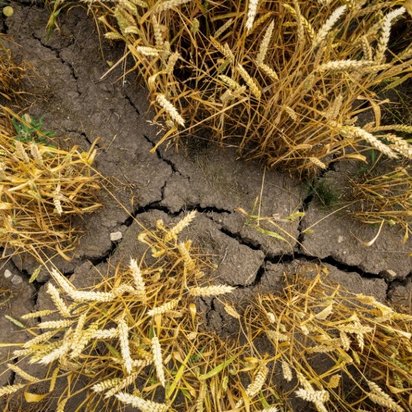TÜV NORD UMWELTSCHUTZ
Baseline Reports and Soil Analyses
In order to ensure the prevention of significant pollution of soil and groundwater, a baseline report, continuous monitoring and the obligation to return to the baseline might be necessary.

TÜV NORD UMWELTSCHUTZ
In order to ensure the prevention of significant pollution of soil and groundwater, a baseline report, continuous monitoring and the obligation to return to the baseline might be necessary.

One aim of the Industrial Emissions Directive (IED) and its national implementation in the Federal Immission Control Act (BImSchG) and the Ninth Ordinance on the Implementation of the Federal Immission Control Act (9th BImSchV) is to prevent the occurrence of significant pollution of soil and groundwater caused by the operation of IED plants.
The three following instruments serve this purpose:
The baseline report is intended to document the condition of the soil and groundwater on the plant site prior to the potential installation or modification of the plant. The baseline report becomes part of the permit and serves as a binding determination of the initial state as well as a benchmark for the obligation to return the site to the state described in the baseline report once the plant is eventually shut down.
The IED requires that the operation of the plant does not lead to a deterioration in the quality of the soil or groundwater. The permit conditions should thus include appropriate measures to prevent the pollution of soil and groundwater and a regular monitoring scheme of these measures to prevent accidental leakage or spillage as well as incidents or accidents during the use of the facility and during storage. In addition, the monitoring of soil and groundwater for relevant hazardous substances is necessary to detect possible pollution at an early stage so that appropriate remedial action can be taken before the pollution spreads.
A report on the condition of the soil and groundwater at the time of the possible discontinuation of operations should enable a quantitative comparison with the condition described in the baseline report and is an integral part of the documentation on the discontinuation of operations. In particular, it must determine and describe the extent to which significant pollution of soil and groundwater was caused during plant operation and triggers the obligation to take remedial action. It should be noted that without the existence of a baseline report, no obligation to return can be established, as there is no description of the state to which the site would have to be returned. An obligation to return presupposes that the pollution identified is "significant" compared to the initial state.
Basis - LABO (2024): Arbeitshilfe zum Ausgangszustandsbericht, zur Überwachung von Boden und Grundwasser und zur Rückführungspflicht bei IE-Anlagen

TÜV NORD Umweltschutz offers comprehensive support in permit management, including the preparation of detailed expert reports to ensure that your projects are implemented in an environmentally sound and legally compliant manner. Our experts guide you through the entire process - from the application and preparation of expert reports to communication with authorities - and help you to fulfil all environmental requirements efficiently.